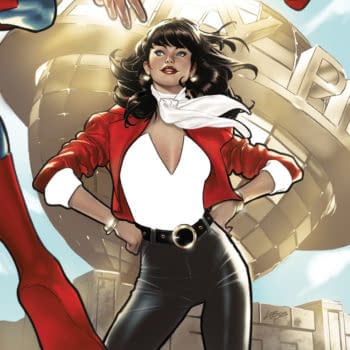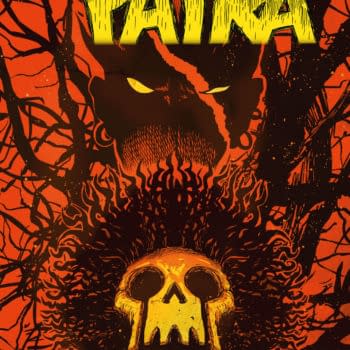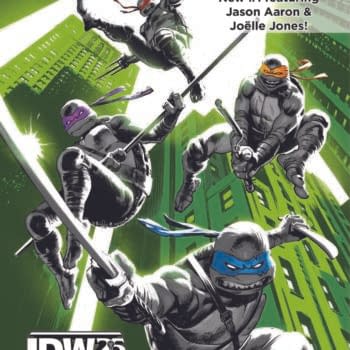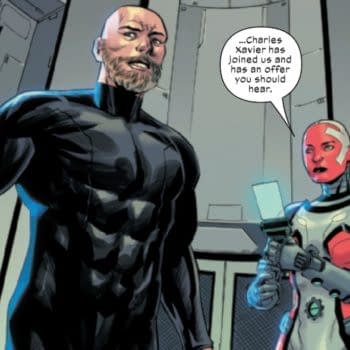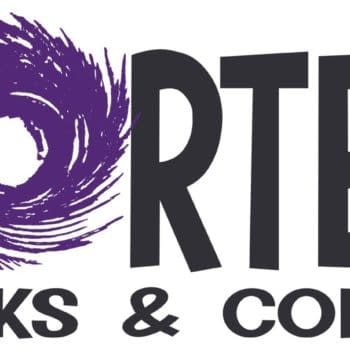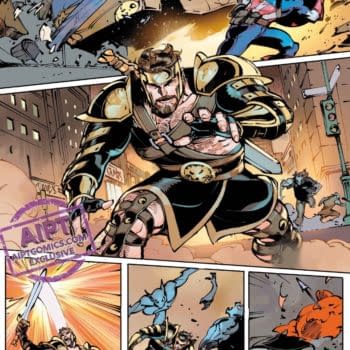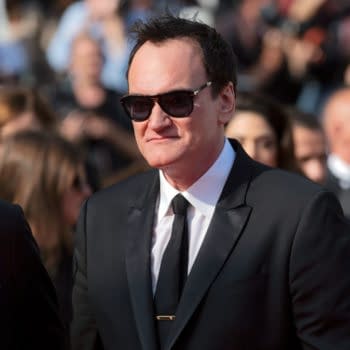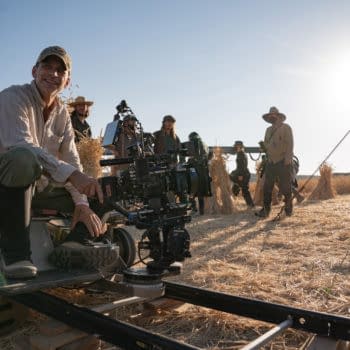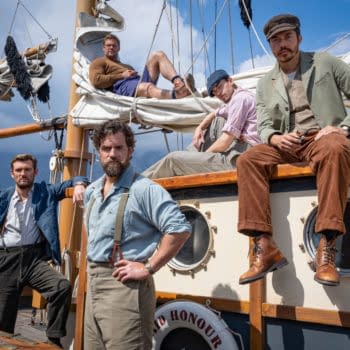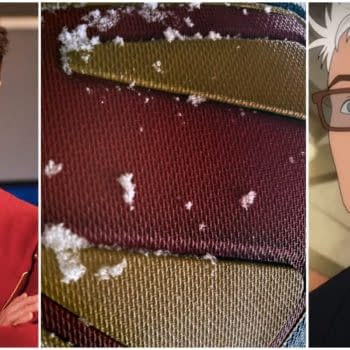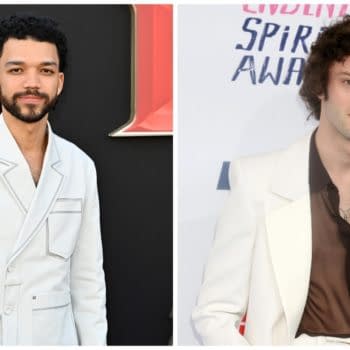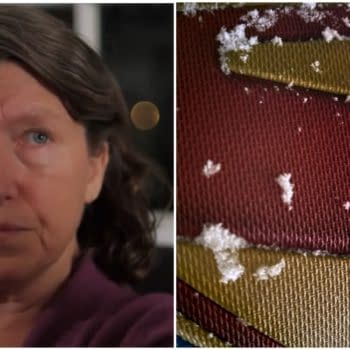Posted in: Movies | Tagged: film, HRL
Hampton Fancher on Where the Blade Runner Children Came From
Alex Fitch recently interviewed Hampton Fancher, the writer of Blade Runner and co-writer of Blade Runner 2049, for the Panel Borders podcast, in which he addresses (sort of) whether the idea of Replicants having children was his or Ridley Scott's idea, the casting of Deckard, and whether he might write another one.
Here are some extracts:
Alex: You wrote a short story based on the unused beginning of Blade Runner — The Shape of the Final Dog — and that's obviously another draft of the opening of 2049, both featuring Sapper Morton. The collection was published in 2012. Did you feel you needed to get the old version of Blade Runner out of your system, before rewriting that scene for the sequel?
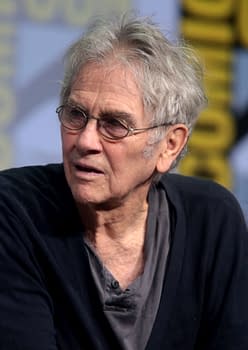
Hampton: No, I didn't. That short story was just a fluke! It had nothing to do with 2049, except that I'd just completed that book of short stories when Penguin said they had room for one more — they wanted me to do one more story. I was already done with that book, and it was going to be published. Then I came up with that idea, and I pitched it to them. I said, "Listen, I have an old scene from the original Blade Runner, that I've always loved, and I could make a story out of that." I told them what the scene was and they liked it, and they said: "Yeah, please write that." So, I did write it as it is in the book — the title story.
It was a Friday when I finished — I don't remember days, but I remember that day — I was at my desk, I'd just finished the last couple of lines of that story… "Oh good, I'm done now. I'll send it to them and see if they like it. It's going to go in the book." And then right then the phone rang, and it was Ridley — I hadn't talked to him in a few years — and he said, "Listen, we're interested in doing a new Blade Runner. You got any ideas?" And I walked from the kitchen, where the phone was, to the desk and I read him the first paragraph of that story as it is. He said: "Come to London, man, let's talk!"
So, that was that! On the plane, I was scared. I thought, "I don't have any f-cking ideas, except that! The idea of K, you know, (who's at this point is called) Kard, and what could be the through-line? What's the structure going to be? And then I thought of that one thought: that there's progeny, there's genesis, then I thought: "Okay, I can talk about that. I have something to talk about…"
Alex: In an interview with Vulture Magazine, Ridley liked to take responsibility for the idea himself…
Hampton: Yeah? Good! Good. I mean, it's like… I don't remember exactly how it went, you know? Ridley's a genius, he gets great ideas, he gets a million great ideas… It's Ridley, you know? Ridley's the boss!
Alex: It's obvious when you watch the film that certainly an influence on the first movie, if not the second as well, is film noir. Was that always a genre that you were a particular fan of?
Hampton: Well, it was a coincidence, kind of. In the first Blade Runner, like I said, it was like the book, the first draft or two, but at the same time, at that period in my life I was reading a lot of Raymond Chandler. At first he was like, with the book, Deckard was a bureaucrat — the guy wore glasses — and by the third (draft) he became: "F-ck that, this guy's Robert Mitchum!" And I wanted Mitchum, I thought Mitchum was going to do it, when Robert Mulligan was going to direct it.
He was an old, washed-up, washed-out, disaffected detective, a noir guy. As soon as I came onto that: "Ooh, now I've got the voice," it worked then. It wasn't any positional, arbitrary kind of decision, trying to get the thing done. It took on a life, where there was a voice. I knew who Deckard was then. He was Marlowe, and I liked him, I could see him talk. That's how that happened, it was a serendipity: P. K. Dick meets Noir.
Alex: 2049 sets up the possibility of another sequel. Obviously, it hasn't made as much money as people might like, but do you think that might happen?
Hampton: I don't know. Of course, it's already made money domestically, it made money in foreign (territories) I think, but even if it's not a blockbuster here, there would definitely be another one, and as it is, there probably will be. You know, because of that brand idea and everything, they're going to do something. I'm fooling around with something, I've been fooling around with something for a while along those lines. In my screenplay of 2049, Deckard dies; in the Michael Green version he doesn't, and I'm glad of that because I have an idea about Deckard in the future. But then I started working on something recently, that I'm playing with, that's actually a prequel, and it's Deckard, younger. But I don't know…
—-
He also discusses the adaptation of P.K. Dick for the original film, how things changed from draft to draft, how the unused original opening of the first film became the first scene of the second, plus his issues with casting Denzel Washington and Owen Wilson as the leads of the other two films he wrote: The Mighty Quinn and The Minus Man.
The other interview in the podcast is with Alex Cox, talking about his interest in The Prisoner, and how it influenced his films Repo Man, Death and the Compass and Three Businessmen.






